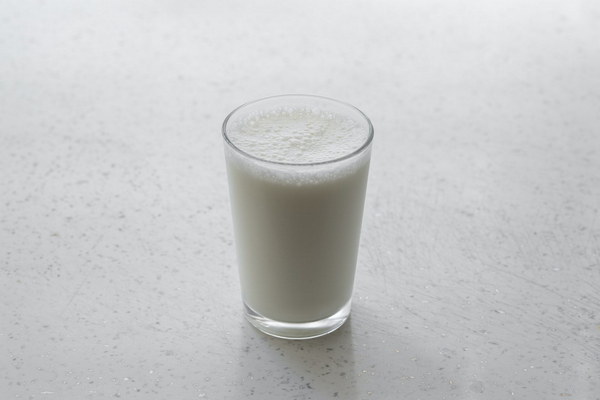Can Liver Damage Patients Take Liver Protective Medications
Introduction:
Liver damage is a serious health condition that can be caused by various factors such as alcohol abuse, viral infections, and medication side effects. When it comes to managing liver damage, many people wonder if they can take liver protective medications. In this article, we will discuss the possibility of using liver protective medications for liver damage patients and provide insights into the effectiveness and considerations of these medications.
1. Understanding Liver Damage:
Liver damage refers to the condition where the liver's normal functioning is impaired due to various causes. This can lead to inflammation, scarring, and even liver failure. It is essential to identify the underlying cause of liver damage to determine the appropriate treatment approach.
2. Liver Protective Medications:
Liver protective medications are designed to help reduce liver inflammation, promote liver regeneration, and improve liver function. These medications can be categorized into several types, including:
a. Antioxidants: Antioxidants, such as S-adenosylmethionine (SAMe) and milk thistle, help neutralize free radicals and reduce liver inflammation.
b. Anti-inflammatory drugs: Non-steroidal anti-inflammatory drugs (NSAIDs) and corticosteroids can help reduce liver inflammation in some cases.
c. Choline and taurine: These amino acids support liver cell regeneration and improve liver function.

3. Can Liver Damage Patients Take Liver Protective Medications?
Yes, liver damage patients can take liver protective medications. However, it is crucial to consult a healthcare professional before starting any medication. The following factors should be considered:
a. Underlying cause: The choice of liver protective medication depends on the underlying cause of liver damage. For example, if the liver damage is caused by viral hepatitis, antiviral medications may be necessary.
b. Severity of liver damage: The stage and severity of liver damage will determine the appropriate treatment approach. In some cases, liver protective medications may be recommended alongside other treatments, such as lifestyle changes or antiviral therapy.
c. Side effects and interactions: Some liver protective medications may have side effects or interact with other medications. It is important to discuss any potential risks with a healthcare professional.
4. Benefits and Considerations:
Liver protective medications can offer several benefits, including:
a. Reduction of liver inflammation: Liver protective medications can help reduce liver inflammation, which may lead to improved liver function.
b. Promotion of liver regeneration: Some medications, such as choline and taurine, can support liver cell regeneration, potentially improving liver function.
c. Improved quality of life: By reducing liver inflammation and improving liver function, liver protective medications can enhance the overall quality of life for liver damage patients.
However, there are also considerations to keep in mind:
a. Limited evidence: Some liver protective medications have limited evidence regarding their effectiveness. It is essential to consult a healthcare professional to determine the most suitable treatment option.
b. Cost and accessibility: Liver protective medications can be expensive, and access to these medications may vary depending on the country and healthcare system.
Conclusion:
Liver damage patients can take liver protective medications, but it is crucial to consult a healthcare professional to determine the most suitable treatment approach. The choice of medication depends on the underlying cause, severity of liver damage, and potential side effects. While liver protective medications can offer several benefits, it is essential to weigh these benefits against the potential risks and limitations. By working closely with a healthcare team, liver damage patients can make informed decisions about their treatment and improve their overall health outcomes.









